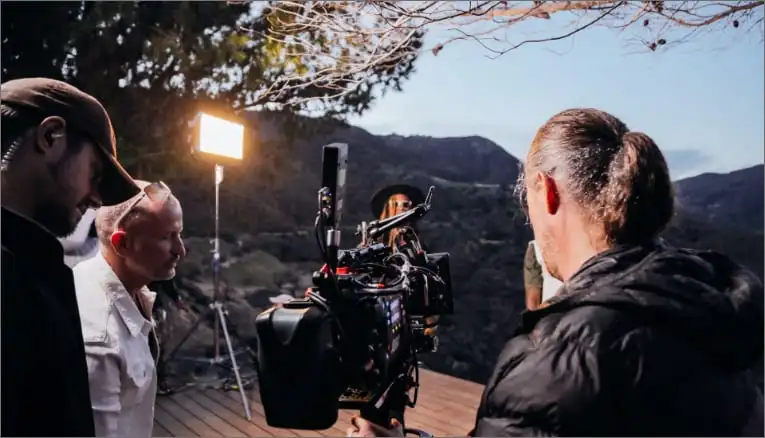Weather forecasting is one of the most important professions in the world today. It helps people plan their day and make informed decisions about their safety. But what does it take to become a successful weather forecaster? In this blog post, we will discuss the skills, education, and career path required to become a weather forecaster.
What is a Weather Forecaster?
A weather forecaster is a professional who uses scientific data and technology to predict the weather. They use their knowledge of atmospheric science, meteorology, and climatology to analyze and interpret weather patterns. They then use this data to provide accurate weather forecasts to the public.
Skills Required to Become a Weather Forecaster
To become a weather forecaster, you must have a set of skills that will help you succeed in this field. Some of these skills include:
- Analytical Skills: Weather forecasting requires a lot of data analysis. You must be able to analyze and interpret weather patterns and data to make accurate predictions.
- Communication Skills: As a weather forecaster, you will be required to communicate complex weather information to the public. You must be able to explain weather patterns in simple terms that are easy for the public to understand.
- Computer Skills: Weather forecasting requires the use of advanced computer software and technology. You must be comfortable using these tools to analyze data and make predictions.
- Attention to Detail: Weather forecasting requires a high level of attention to detail. You must be able to identify and analyze small changes in weather patterns that could have a significant impact on the forecast.
Education Required to Become a Weather Forecaster
To become a weather forecaster, you will need a combination of education and experience. Most weather forecasters have a bachelor’s degree in atmospheric science, meteorology, or a related field. Some of the courses you will need to take include:
- Atmospheric Science: This course covers the study of the Earth’s atmosphere, including weather patterns, climate change, and the impact of human activity on the environment.
- Meteorology: This course covers the study of weather patterns, including temperature, pressure, wind, and precipitation.
- Climatology: This course covers the study of long-term weather patterns and climate change.
- Mathematics: Weather forecasting requires a strong foundation in mathematics. You will need to take courses in calculus, statistics, and other advanced math courses.
Career Path for Weather Forecasters
The career path for weather forecasters can vary depending on your experience and education. Some of the career paths available to weather forecasters include:
- Entry-Level Weather Forecaster: This is the starting point for most weather forecasters. Entry-level forecasters typically work for government agencies, television stations, or private companies.
- Senior Weather Forecaster: Senior forecasters have several years of experience and are responsible for making more complex weather predictions.
- Research Scientist: Research scientists work in the field of atmospheric science, conducting research on weather patterns and climate change.
- Meteorology Professor: Meteorology professors teach courses in atmospheric science, meteorology, and climatology at universities and colleges.
Key Takeaways
Becoming a successful weather forecaster requires a combination of skills, education, and experience. You must have analytical skills, communication skills, computer skills, and attention to detail. To become a weather forecaster, you will need a bachelor’s degree in atmospheric science, meteorology, or a related field. The career path for weather forecasters can vary depending on your experience and education. If you’re interested in pursuing a career in the film and TV industry, consider taking the NYU Film and TV Industry Essentials online course and certificate program. This program will provide you with the skills and knowledge you need to succeed in this exciting industry.








